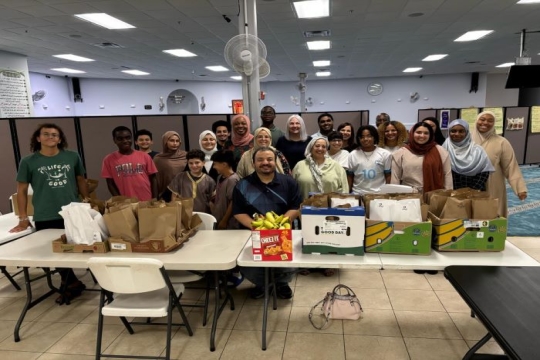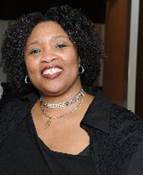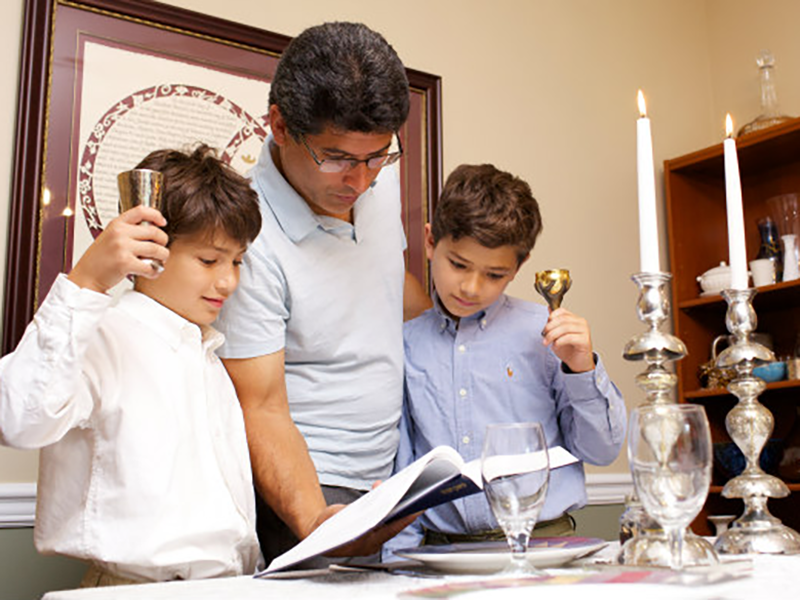
I want to talk briefly about a significant number from the Pew report, but first I want to invite you to go on a short journey with me as I create the framing around numbers and their significance by simply asking a question: What exactly is a number?
Webster defines a number as a sum of units. And the second more detailed definition for a number is “the characteristic of an individual by which it is treated as a unit or a collection by which it is treated in terms of units.” So, for the purpose of my presentation, I will be focusing on numbers and percentages that count people, as opposed to units.
I understand why numbers are so important. I have a public health background, and everything in public health is focused on numbers. I especially understand in the Jewish tradition why numbers are important, as we rely on and connect with the practice of the spiritual interpretation of numbers. So, with that in mind, I'd like to look at the Pew numbers through that lens.
The Pew report revealed that 15% of Jews in the United States between the ages of 18 and 29 self identify as Jews of Color. While that is a significant number just in their size alone, we'll dive deeper into what that means later. First, I want to unpack the significance of the number 15 in Judaism. It is a combination of 10 plus 5. The number 10 represents the hand of God and the number 5 represents to save or rescue. If we add 10 plus five, we get 15. The symbolic meaning of 15 translates to “mercy,” which means compassion and forgiveness.
The symbolism behind the number 15, in my mind, speaks to a deeper spiritual meaning; it is tied to providing the broader Jewish community with an opportunity to acknowledge, atone, and affirm. It is also an opportunity for us to explore and learn about a part of the Jewish population that brings new and diverse ways of thinking about what it means to live a Jewish life, how their lived experiences are similar in some ways but very different in other ways, and how very critical it is to begin to create spaces of belonging for all JOCs and other underrepresented Jews from all backgrounds.
We have a chance to do better! There are 15% of 18 to 29-year-olds in the Jewish community who self identify as Jews of Color, and other significant numbers we should pay attention to; for example, 13 to 17% of Jewish households have at least one multi-racial or Person of Color.
The 15% is one reason for us to embrace and support the diversity within the community, but even if the numbers were lower, it is still our responsibility, our moral duty to create spaces of belonging for everyone in our community.
We also have to do a better job with creating spaces of belonging for Jews with disabilities and Jews who represent the LGBTQ+ community -- two populations that are marginalized both in our community and externally as well. Additionally, Jewish spaces have to be sure that we fully recognize and embrace as part of our community Jewish adjacent partners, interfaith families, and unaffiliated Jews. We are one Jewish community.
I see our call to action in the form of three concentric circles that are critical to doing the work of creating equitable, compassionate spaces of belonging.
1. We are all responsible for transforming ourselves. That means that we have to do the internal work, of holding a mirror up to ourselves and addressing our own internal biases.
2. We are all responsible for transforming our community – our synagogues, where we work, and all spaces where we have influence.
3. We are all responsible for transforming our world. You might say, “Wait a minute, that's a bit much.” But if you're doing the transformation at your individual level and at your community level, this effort automatically joins the collective action that transforms the world.
One way that we can do this transformational work immediately is through our racial justice campaign, which provides an opportunity for every one of us to contribute to dismantling systems of oppression. There are multiple ways to get involved. On the federal level, we can advocate on behalf of HR1, the John Lewis Voting Rights Act and, in honor of the memory of George Floyd, through the George Floyd Justice in Policing Act. If you're in one of the RAC states, you can also get involved in helping support legislative work at the state level.
The urgency of now is upon us to take the actions that will advance racial equity, justice, and fairness for all people, not just today but tomorrow.
As I close, I would like to share the following poem called – “A Minute” by Dr. Benjamin Hayes – I believe it fits the moment that we are in:
I have only just a minute
Only 60 seconds in it
Forced upon me, can't refuse it
I didn't seek it. I didn't choose it
But it is up to me to use it, because I will suffer if I lose it,
Give account if I abuse it.
Yep, a tiny little minute
Yet eternity is in it.
Related Posts
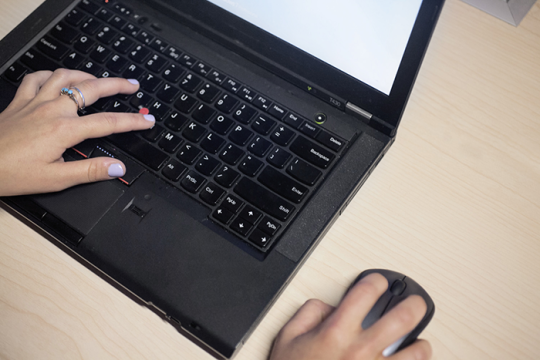
Five URJ Pages to Bookmark Today
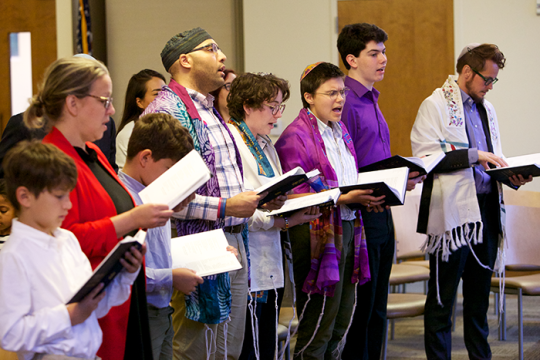
Collaboration and Connection Power Small Congregations
